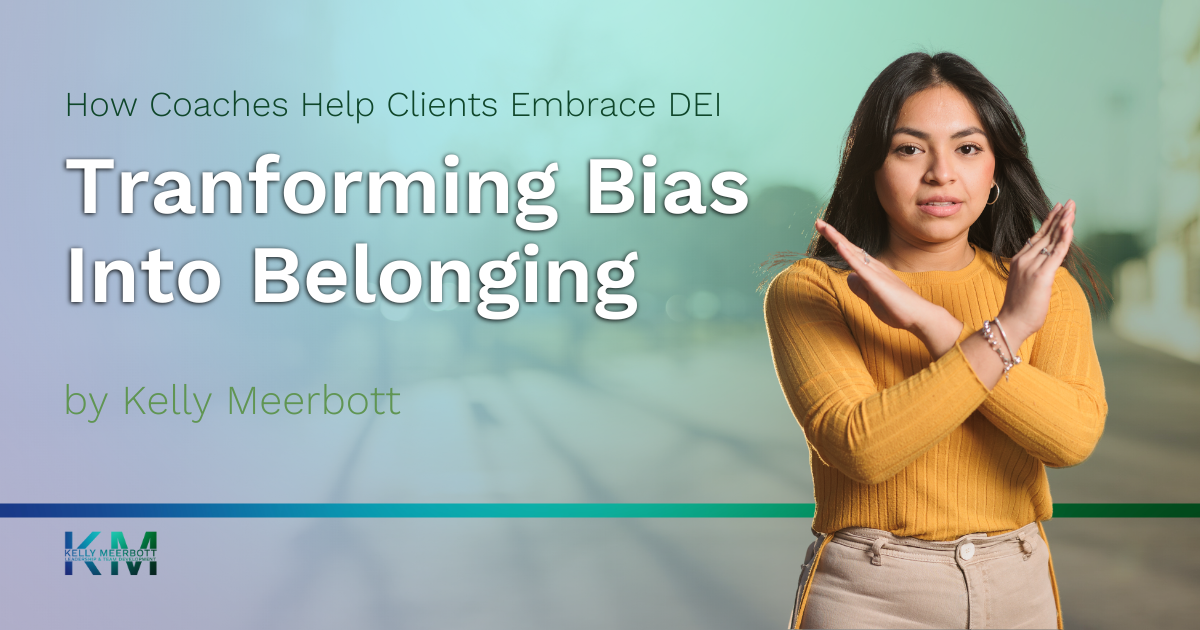Being able to create a sense of belonging wherever you go is one of the most powerful skills you can have as a leader. It means you are intuitive, a thoughtful listener, and you understand the most basic human need; the desire to feel like we’re a part of something. Whether you want to create connections amongst your cohort of remote freelancers or within your office, or you’re looking to facilitate a more harmonious environment at home, creating a sense of belonging for the people who look to you for leadership is a legacy worth leaving wherever you go.

Open Yourself Up
To facilitate any sort of positive change, you have to be willing to be vulnerable. Historically, being a leader and being vulnerable were mutually exclusive. Today, being vulnerable is one of the most coveted characteristics of a solid leader. But it is a balancing act. Showing your authentic self invites others to do the same. Being vulnerable breaks down walls, promotes transparency, and in a workplace setting, demonstrates that it’s not all about production, efficiency and the bottom line; people and their sense of community matter more than all else.
Learn to Be Present
One of the quickest ways to make someone feel isolated and excluded is by not connecting with them in the present. Being an active listener, receiving what someone tells you, and finding mutual ground are all essential components of being present. Stopping to hear what someone has to say, processing and responding thoughtfully is not only an act of compassion, but it shows those around us that we’re not so focused on completing a task that we’ve lost sight in how we get there.
Nurture One-on-One Relationships
It’s easy for one’s voice to get lost in the fray. One of the most prominent struggles for anyone working at a large organization or being a part of a large family is that they don’t feel heard, recognized, or understood. Your community, be it work, family, or social, is most likely a mosaic of personalities, belief systems, and philosophies. This diversity is a gift, but it’s a wasted one if you don’t take the time to get to know everyone on their own level. Make time for each individual, show them you are invested, and impart to them how important they are to you and to the community as a whole.
Focus on the Positive Narrative
Every family, team, community, or workplace has its conflicts. It’s unlikely that it’s smooth sailing every moment of the day. But if the focus is always on what’s going wrong, or who’s doing wrong, not only will you start to see a depletion in morale, your team is going to lose any sense of belonging rather quickly. It’s important to recognize good work, celebrate successes, and turn failures into learning opportunities.
Practice Inclusiveness
Each organization or community is going to approach this differently, but the goal should always be the same; everyone should be heard, understood, encouraged and feel like they are able to contribute equally. This means that anything less than respectful discourse should not be tolerated, in any setting. To achieve real inclusiveness, ask yourself these questions. Are you providing your team with agency, not empowerment? Is everyone starting from the same place? Are there gaps you could be shoring up by conducting research or asking questions? Holding an inclusive space is perhaps the most salient way to create belonging wherever you go.
Build Up Trust
Do you trust each other? Can your community trust you? If you can’t obtain trust, you cannot create a sense of belonging. Not in your family, your workplace, or anywhere. It’s cheesy, but true; every single relationship, whether it’s business or personal, is built on a foundation of trust. This is where the vulnerability comes in—from putting yourself out on a limb at times. People can sense inauthenticity from a mile away, so if you’re not able to drill down and get real, you’re just spinning your wheels. Trust breeds loyalty, and loyalty leads to upholding community.
Creating a sense of belonging requires a great deal more work on your end than everyone else’s. At least it does in the beginning. It’s incumbent upon you to lay the groundwork, and open the door so all those who look to you can approach you without fear of judgement, or worse, rejection. A sense of belonging is one of the most primal and visceral human emotions and any leader who honours, nurtures and champions that is bound to see success wherever their path takes them.
Author – Kristie Santana
Kristie Santana is a certified life coach who has spent the last 15 years traveling the country advocating for the benefits of coaching. She is the founder of the National Coach Academy and a founding member of Life Coach Path, a New York based organization that provides resources and guidance for aspiring coaches around the world.




